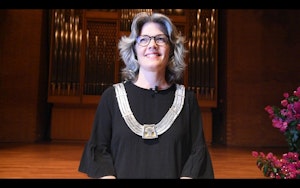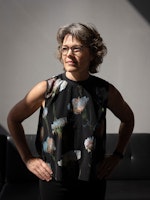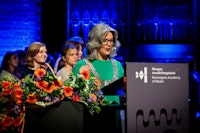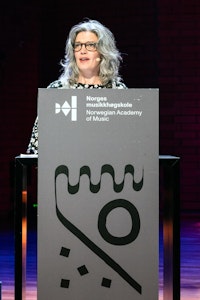Perhaps this year we should really try to take advantage of this to see whether or how both new students and those who were here during the pandemic continue to be affected by it. The younger you are, the more of your life you’ve had to spend on your own – for better or for worse – and you’ve missed out on both formal and informal learning in bands or orchestras. You’ve barely sat an exam and not been able to perform in many concerts.
Talk to each other!
This year’s students may have to be especially brave. Do let us know if we should provide more support, if you feel things are difficult. Talk to your teachers, student advisors and not least: each other!
This does not mean we can solve everything: teachers and student advisors are not psychologists, they are not your bonus parents or best mates, and they’re certainly not potential love interests for the students they teach (just saying).
But thanks to the music – by performing together and not least listening – academy students are all set to get the support they deserve, enjoy themselves and make optimal progress in the direction that suits each individual.
Most of us therefore begin the year with optimism and enthusiasm, albeit in the shadow of a pandemic.
The shadow of a war
We also start the year in the shadow of a war which feels very close, in Ukraine, and after a summer during which climate change and environmental problems began to manifest themselves in earnest – with heat waves, droughts and an energy crisis, again amplified by the war.






